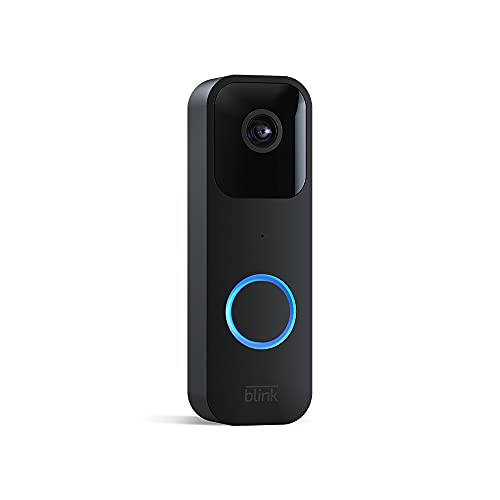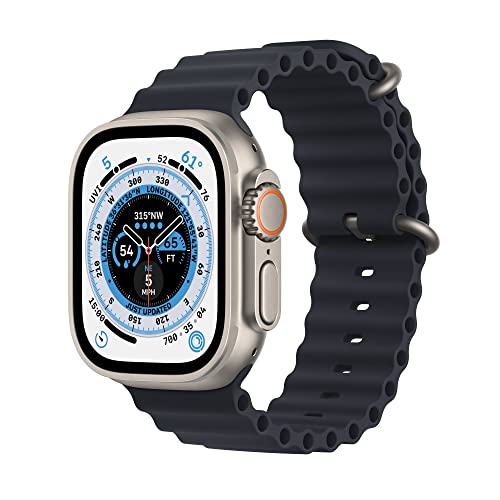1,135 subscribers
Vai offline con l'app Player FM !
Building Trust in Hostile Environments: Lessons from Retired Spy JJ Brun
Manage episode 448422959 series 2914306
My guest for Episode #283 of the My Favorite Mistake podcast is Jean Jacques “JJ” Brun… also known as Operative 431.
Episode page with video, transcript, and more
As a seasoned veteran of the Intelligence Branch of the Canadian Armed Forces, he served with distinction as a contact handler on the ground in Bosnia and Herzegovina.
Years in the discrete world of human intelligence and counter human intelligence have driven my desire to understand human behavior’s intricacies and pass on the complex notion of interpersonal communication.
Although retired from active duty, JJ realized much of what he learned could be utilized in the civilian world. Based on the Four Temperament (DISC) Model of Human Behaviour to better understand and maximize human dynamics, his exclusive training programs provide a comprehensive analysis of communication techniques, empowering individuals to enhance authentic relationships that promote trust, innovation, and productivity.
In this episode, the conversation explores JJ Brun's transition from his role as an intelligence operative in the Canadian Armed Forces to applying his expertise in the civilian world. JJ shares stories from his time in Bosnia and the challenges of adapting to intelligence work without formal military training. He discusses key lessons learned, including the importance of self-awareness, situational awareness, and using behavioral models like DISC to understand and build relationships. The episode highlights how these skills, initially developed for high-stakes intelligence work, have proven valuable in helping leaders and organizations understand human dynamics more effectively.
Questions and Topics:
- What does it mean to be a contact handler in intelligence?
- What would you say is your favorite mistake?
- Did anyone know you didn’t finish the last mile of the marchathon?
- Was the training in the UK meant to prepare you for being on the other side of an interrogation?
- How did you handle the potential for mistakes being deadly in intelligence work?
- What was the Oka crisis?
- What is involved in being a contact handler?
- Was the debrief after your training focused on learning from mistakes, or did you get reprimanded?
- How did you adapt to working in a war zone like Bosnia?
- What’s the value of using the DISC model in your work today?
- Can people learn more about your work and the DISC model through your website?
327 episodi
Building Trust in Hostile Environments: Lessons from Retired Spy JJ Brun
My Favorite Mistake: Business Lessons from Failures and Success
Manage episode 448422959 series 2914306
My guest for Episode #283 of the My Favorite Mistake podcast is Jean Jacques “JJ” Brun… also known as Operative 431.
Episode page with video, transcript, and more
As a seasoned veteran of the Intelligence Branch of the Canadian Armed Forces, he served with distinction as a contact handler on the ground in Bosnia and Herzegovina.
Years in the discrete world of human intelligence and counter human intelligence have driven my desire to understand human behavior’s intricacies and pass on the complex notion of interpersonal communication.
Although retired from active duty, JJ realized much of what he learned could be utilized in the civilian world. Based on the Four Temperament (DISC) Model of Human Behaviour to better understand and maximize human dynamics, his exclusive training programs provide a comprehensive analysis of communication techniques, empowering individuals to enhance authentic relationships that promote trust, innovation, and productivity.
In this episode, the conversation explores JJ Brun's transition from his role as an intelligence operative in the Canadian Armed Forces to applying his expertise in the civilian world. JJ shares stories from his time in Bosnia and the challenges of adapting to intelligence work without formal military training. He discusses key lessons learned, including the importance of self-awareness, situational awareness, and using behavioral models like DISC to understand and build relationships. The episode highlights how these skills, initially developed for high-stakes intelligence work, have proven valuable in helping leaders and organizations understand human dynamics more effectively.
Questions and Topics:
- What does it mean to be a contact handler in intelligence?
- What would you say is your favorite mistake?
- Did anyone know you didn’t finish the last mile of the marchathon?
- Was the training in the UK meant to prepare you for being on the other side of an interrogation?
- How did you handle the potential for mistakes being deadly in intelligence work?
- What was the Oka crisis?
- What is involved in being a contact handler?
- Was the debrief after your training focused on learning from mistakes, or did you get reprimanded?
- How did you adapt to working in a war zone like Bosnia?
- What’s the value of using the DISC model in your work today?
- Can people learn more about your work and the DISC model through your website?
327 episodi
Tutti gli episodi
×
1 Why the Corporate Ladder Was My Biggest Mistake – Kason Morris on Redefining Work and Purpose 44:03

1 Fired by a Tech Bro: How Getting Sacked from Postmates Launched Author Tash Doherty's True Career 41:42



1 Transforming Brilliant Jerks into Leaders: Luis Velasquez’s Coaching Strategies and Resilience 42:35

1 General Hospital Actor and QVC Host Andy Paige Turned a Bold Misstep into a Beauty Revolution 44:30






1 Nuggets of Advice from NBA Rookie Spencer Jones on Navigating NIL, Personal Branding, and Building a Legacy 45:31



1 From Sports Executive to Entrepreneur: How Michelle Rankine Built a Multimillion-Dollar Home Care Franchise 45:13
Benvenuto su Player FM!
Player FM ricerca sul web podcast di alta qualità che tu possa goderti adesso. È la migliore app di podcast e funziona su Android, iPhone e web. Registrati per sincronizzare le iscrizioni su tutti i tuoi dispositivi.




























